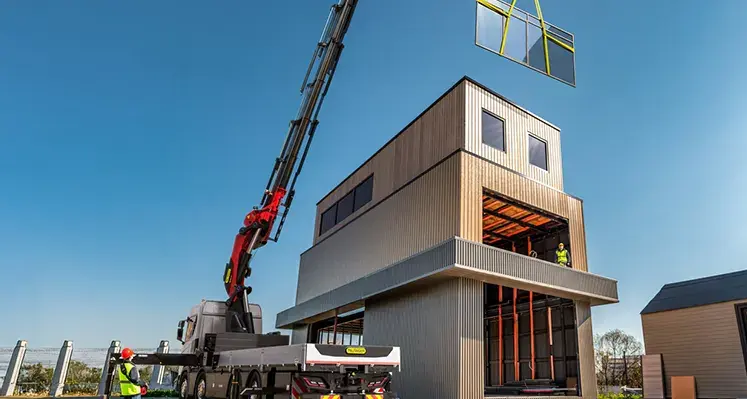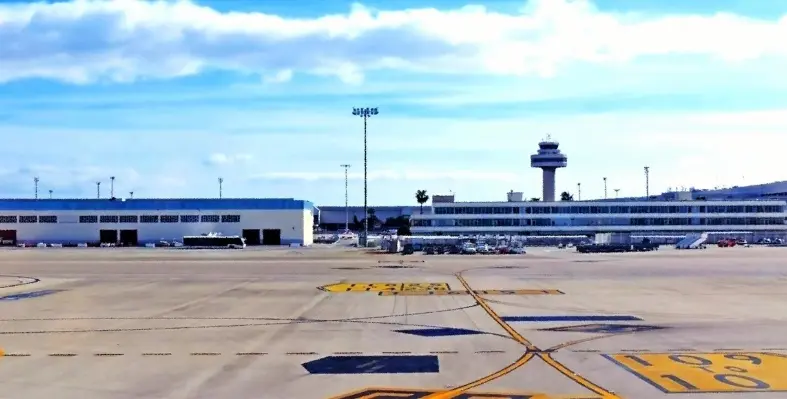Qatar’s Ministry of Labour has conducted a series of roundtable meetings with key stakeholders from the construction sector and beyond, in an initiative aimed at enhancing workplace safety standards, according to Health and Safety International.
The sessions brought together representatives from Building and Wood Workers' International (BWI), government entities, civil society organisations, employers, workers’ representatives, and the International Labour Organisation (ILO). Senior officials attending included undersecretary H E Sheikha Najwa bint Abdulrahman Al-Thani and assistant undersecretary for Migrant Labour Affairs H E Hamad Faraj Dalmouk, alongside several departmental directors.
Central to the discussions was the development of safe and supportive working environments for construction workers, with a particular focus on wellbeing. The initiative aligns with Qatar’s efforts to meet the objectives of the Qatar National Vision 2030 and related Sustainable Development Goals.
The meetings, reported by Health and Safety International, focused on enhancing dialogue and exchanging ideas on issues affecting the construction sector. Discussions included national labour laws, international standards, and strategies for improving occupational safety and health, alongside strengthening workers’ rights.
Sheikha Najwa bint Abdulrahman Al-Thani emphasised that the roundtables reflected Qatar’s commitment to fostering strategic partnerships, sharing global expertise, and advancing labour policies in line with international standards. She noted that the participation of senior officials, experts, and social partners, alongside BWI representatives, provided opportunities to explore innovative solutions to the sector’s challenges.
Key topics addressed during the sessions included labour legislation, occupational safety and health standards, and methods to create a fair and sustainable working environment. The discussions underscore the central role of Qatar’s construction sector in the country’s development agenda and its significance in supporting the state’s major infrastructure and development projects.
By facilitating such engagement, the Ministry of Labour aims to drive improvements in occupational safety, strengthen workers’ rights, and promote a safer and more productive construction sector across the country.












